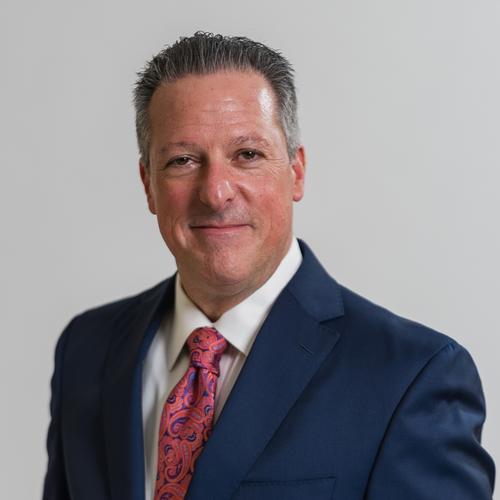It’s not easy to think about, but part of creating a special needs trust involves considering what will happen when the beneficiary passes away. Trusts are considered non-probate assets. What happens to the funds in a special needs trust after the beneficiary passes away will depend on the type of trust and the language used to create it. 
There are two main types of special needs trusts: first-party trusts and third-party trusts. A first-party trust uses a beneficiary’s own assets such as the proceeds from the personal injury settlement for the accident that resulted in the disability. A third-party special needs trust, which is the most common type of trust, uses funds from a parent, grandparent, or other concerned party.
Payback Provisions in Special Needs Trusts
A payback provision means that the trust must repay the government for benefits the beneficiary of the trust received while he was living. This typically refers to the Medicaid benefits that paid for vital health services such as medication, doctor’s visits, therapy, or home health care.
A first-party special needs trust will almost always be required to have a payback provision. The government is entitled to reimbursement from the funds remaining in the trust after taxes, funeral costs, and other final expenses are paid, but it can’t collect from other family members if the beneficiary has already exhausted the trust’s assets.
When a repayment of Medicaid benefits is required, the trustee should request a detailed accounting of Medicaid expenditures paid on behalf of the beneficiary from the Medicaid program of the state involved before taking steps to satisfy the lien.
If there are funds left in the trust after the payback provision has been satisfied, they would be distributed according to the beneficiary’s estate planning documents. If the beneficiary died without any estate plan in place, intestate laws will distribute trust assets to the next of kin.
Naming Remainder Beneficiaries
Most third-party special needs trusts do not contain a Medicaid payback provision. This means, there will likely be funds left to distribute once the beneficiary’s estate has been settled. These funds can be distributed to the remainder beneficiaries you have selected. However, you should include a waiting period in the trust document to ensure that all final expenses have been paid before the remainder beneficiaries receive any funds.
When naming a remainder beneficiary for a third-party special needs trust you created, you have several options.
- Choose one individual to receive the funds left in the trust
- Divide the funds between several named beneficiaries, giving them equal or unequal shares as you see fit
- Distribute the funds to a class of individuals, such as all of your grandchildren, so each person gets an equal share
- Donate the funds to a charitable organization
If any of the remainder beneficiaries are young children or individuals who also have special needs, it may be possible to allow the trustee to continue holding the funds under terms that are similar to that of the original trust.
Note that it is a common misconception that it’s not possible to challenge the terms of a trust. A trust can be challenged, but it’s a more complicated process than contesting the terms of a will. However, if the funds remaining in the trust are significant, family members who feel they have been treated unfairly in the distribution of trust assets may decide to take legal action.
Do You Have A Family Member Or Loved One Who Requires Special Needs Legal Planning?
If you are responsible for a family member or loved one who requires special needs legal planning you should speak with an experienced special needs planning attorney as soon as possible. Contact us online or call our Virginia Beach office directly at 757.490.3500 to schedule your free consultation. We have offices throughout Virginia including Chesapeake, Newport News, Norfolk and Suffolk.
| Related links: |

